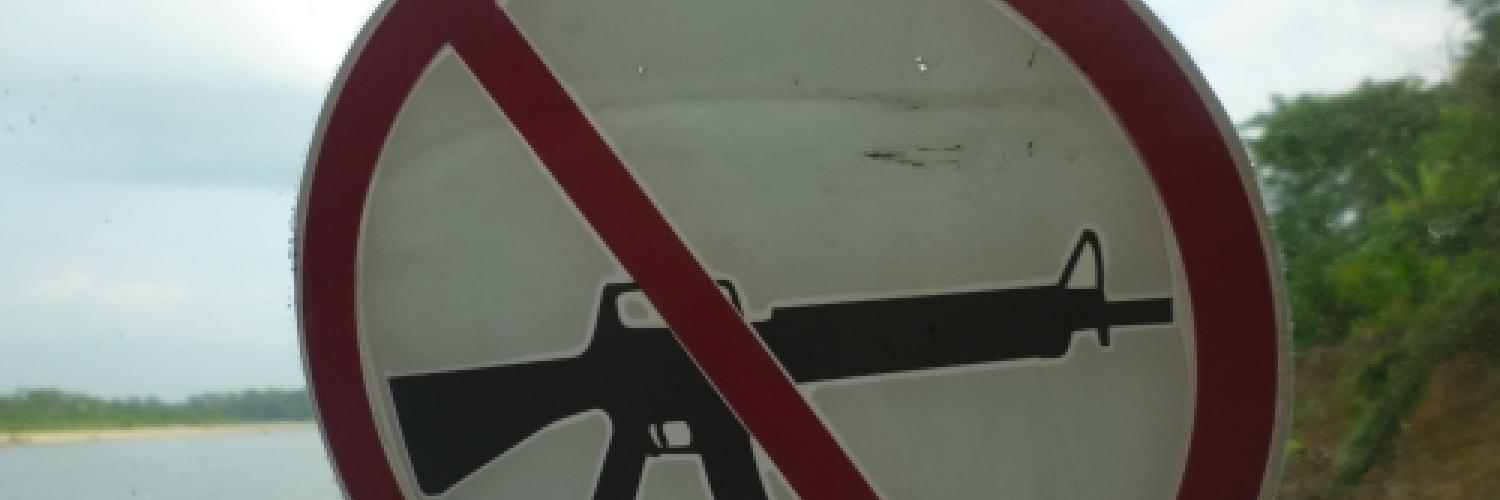Bilateral ceasefires can help alleviate human suffering and pave the way for ending an armed conflict. Yet in conflict situations with multiple violent non-state actors, they may also increase tensions between the groups involved if some of the actors continue fighting. Given the immediate security challenges of such contexts, the long-term implications for the human security of the communities who reside in war-torn territories that suddenly become theatres of ceasefires and demobilisation processes are often overlooked. In particular, the dynamic reconfiguration of the presence of multiple violent non-state groups that occurs during such processes yields new security threats and uncertainties that often go unnoticed. Such reconfigurations are particularly striking in border areas where combatants may avoid demobilisation by crossing the border into neighbouring states, and new groups enter the country from adjoining territories in an attempt to fill power voids.
Building on a collaborative project between Dr Idler, the UN System Staff College and UN Colombia, this project focuses on the long-term security implications of the ongoing efforts to end the Colombian armed conflict, with a view to drawing insights for other conflict contexts. After 52 years of internal armed conflict, the Colombian government and the rebel group FARC initiated a bilateral ceasefire in August 2016 and signed a peace agreement in September 2016. However, the terms of the peace deal were rejected by the Colombian people in a plebiscite in October. This situation has led to a reconfiguration of the multiple violent non-state groups that operate in the country and across its borders which threatens to undermine the human security of local civilian communities, particularly those residing in territories in or close to the areas where the FARC were going to demobilise.
Against this backdrop, this project explores how the UN Mission in Colombia and other relevant stakeholders can help ensure that the implementation of the bilateral ceasefire between the Colombian government and the FARC as well as their planned disarmament will be conducive to strengthening local capacities, civilian democratic institutions and participatory processes in the borderlands that Colombia shares with Ecuador and Venezuela. Building on a six year study of the security dynamics in Colombia’s border regions including fieldwork with more than 500 interviews with local stakeholders, the project involves knowledge exchange activities with the UN and visits to relevant regions in Colombia to identify the security and development challenges that result from the reconfiguration of violent non-state groups. The goal is to support these regions in moving from state neglect, armed conflict and transnational organised crime to economic development, welfare and regional prosperity.
In a complementary effort, Dr Idler collaborates with the UN on development challenges and security threats arising from illicit cross-border activities in the region.
Further information on Dr Idler's project 'Putting Frontier Research into Action: Co-designing Security Policies to Tackle Violent Non-state Groups in Peripheral Spaces' can be read here.





